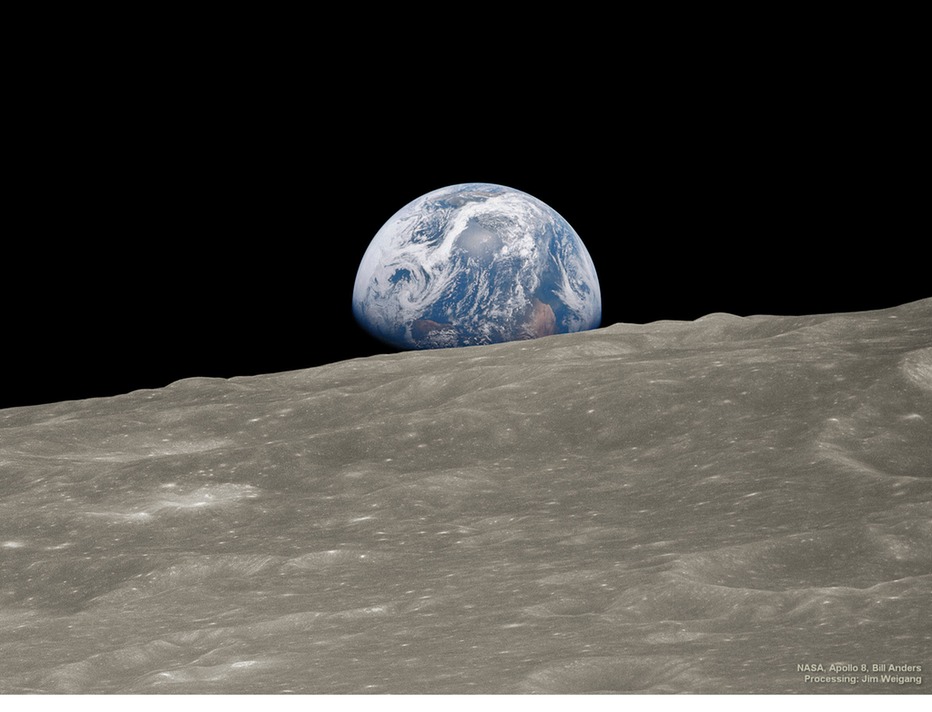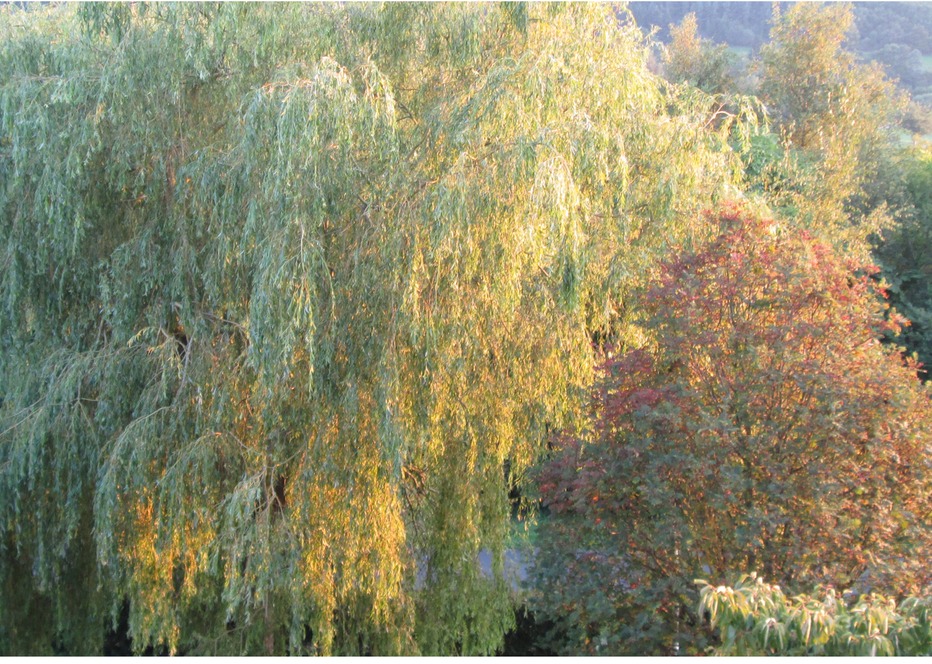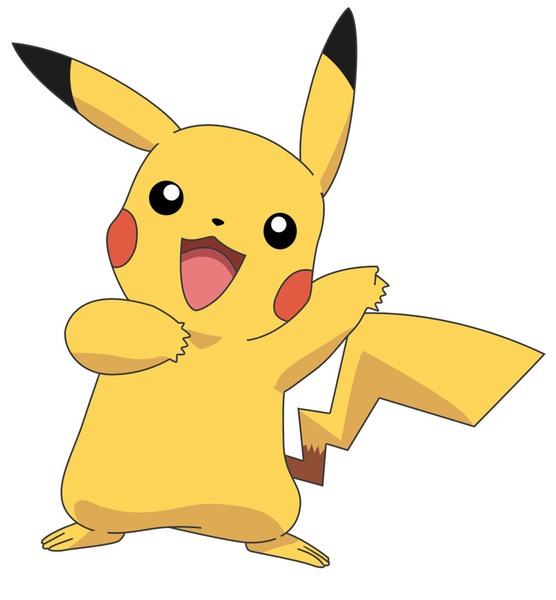HOW TO SEE THE EARTH

View from the moon
View from my window
I feel embarrassed inflicting my prose on the reader after a poem like that - and it gets more wonderful as it goes on - but I suppose I have to address the serious charge brought against Blake that he thought the earth was flat. The passage this brings to my mind comes from The Mental Traveller, one of the most complex and interesting of Blake's poems (an attempt to understand it is at the root of Yeats's A Vision):
The guests are scattered through the land
For the eye altering alters all,
The senses roll themselves in fear
And the flat earth becomes a ball.
The stars sun moon all shrink away
A desert vast without a bound
And nothing left to eat or drink
And a dark desert all around.
The whole poem is so strange and complicated that one hesitates to comment but these two verses are fairly straightforward. As always, Blake is concerned with the experience of the mind, with the imagination. We can imagine the earth as a flat surface rich in wonderful things with a friendly, neighbouring Sun and Moon. Or we can imagine it as a characterless ball hung in the middle of a vast dark desert separated by huge distances even from the Sun and Moon.
We live in a strange period of human life in which there are people willing to spend unimaginably huge sums of money in order to fly into space to see the world in this second form, believing that in so doing they are having some sort of spiritual experience. In Blake's eyes this is just idiocy but Higgs is sympathetic. Discussing the US mission to the moon in Stranger than we can imagine, he says excitedly:
'When they rounded the dark side of the moon, the crew of Apollo 8 became the first humans to see the whole of planet Earth, hanging alone in space, blue and white and indescribably beautiful. They photographed it, and called that photograph Earthrise. In 1948 the English astronomer Fred Hoyle, who coined the term the Big Bang, predicted that "Once a photograph of the Earth taken from outside is available, a new idea as powerful as any in history will be let loose ..." In the twentieth century mankind went to the moon and in doing so they discovered the earth.'
From Blake's point of view, however, you can make a much more interesting and valuable discovery of the earth merely by walking out of your front door.
'NATURE' AND THE MATRIX
Finally in this account of the ways in which poor Blake has been left behind by the march of civilisation, there is his 'attitude to nature':
'His brand of Divine Humanism draws a clear line between mankind and the natural world. Blake declared that "nature is the Devil", because it was devoid of the light of consciousness and the imagination. But he was living at a time before ecosystems were under the stresses they are now and before the interconnectedness of the biosphere was formally understood. There was not then the current understanding of systems theory, or an awareness of how reliant we are on the rest of nature from the level of microbes upwards. We now understand that humanity is a part of the biosphere and that we depend on it for our very survival. Blake recognised the beauty in nature, of course, but he saw it only in terms of how it made him feel.'
I may have said enough already to reply to this. Blake precisely does not 'draw a line between mankind and the natural world.' His objection to 'nature' is really an objection to the word 'nature' precisely because it characterises trees, animals, birds etc as having an existence separate from mind. For Blake, everything is mind, which he imagines as human mind because he cannot imagine it otherwise. 'Everything that lives is holy,' Blake famously said (it is the last line in the Marriage of Heaven and Hell). Mind is not the individual mind of you and me but our individual imagination is precisely the means by which the individual mind can connect with and be informed by the Universal Mind and therefore with everything that the scientists, or, for the time, 'natural theologians', call 'nature'. It's all one, but the natural theologians present their 'nature' as something separate and apart, existing independently of the human/universal mind.
Higgs couldn't have got it more wrong. It is actually Higgs who wants to draw a clear line between mankind and the natural world. In The Future starts here, arguing, of course correctly, that we are totally dependent on (I'm sorry. I don't claim to be William Blake. I can't help myself) 'nature', Higgs evokes 'the American biologist E.O.Wilson' (recently deceased as it happens) who argues for what he calls 'Half Earth.' This is a suggestion that, given the importance of natural processes to the wellbeing of the Earth, understood in James Lovelock's terms as 'Gaia', a coherent self sustaining ecosystem, half the Earth should be given over to 'nature' to do its own thing - 'rewilding.'
So far so good, I would say and I don't think Blake would have any problems with it. But how does Higgs understand it? 'As Wilson describes mankind, we are currently '"Obsequious to imagined higher beings, contemptuous towards lower forms of life." Half-Earth changes this, defining us as nature’s equal. Digitally enhanced mankind and nature are the dual inhabitants of Earth. They are not slave and master, but instead must try to live together in a sustainable partnership.'
'Digitally enhanced mankind ...' What Higgs is envisaging is that while 'nature' does its own thing in one half of the Earth, mankind will be living a quite separate life in something that rather resembles the virtual world of The Matrix. Some sort of arrangement will have to be made, one assumes, for feeding us but he doesn't have a lot to say about that. By contrast he has quite a lot to say about life in the matrix. It looks very exciting. Apparently:
'The development of haptic gloves is making great strides and looks set to revolutionise our experience of virtual worlds. "Haptic" refers to the sensation of touch, and a haptic glove allows you to touch, feel and manipulate objects in VR.'
Higgs is slightly suspicious about Virtual Reality (VR) because it is such a powerful medium. It might be used by people he doesn't like - Russian troll farms for example - to promote political causes of which he disapproves - brexit for example. He prefers what is called 'Augmented Reality' (AR):
'In some ways AR is the opposite of VR. Instead of allowing you to enter a computer-generated world, it allows the digital realm to enter the real world ...
'What the potential of AR glasses offers is not seeing Pikachu on the pavement ahead when you hold up your smartphone, but simply seeing Pikachu on the pavement in front of you, behaving independently and interacting with the environment ...

'These potential glasses would not have a built-in camera, so they would not be seen as a privacy risk in the same way that the much-criticised Google Glass prototype was. They would simply sit on your nose like regular sunglasses and, through wi-fi and the benefits of cloud computing, enhance and enchant the room you are in ...
'The initial uses of the technology include games such as Minecraft or Street Fighter played on the kitchen table instead of a screen, or games where you run around your own home shooting at the virtual aliens or zombies breaking in ...
'There is something valuable about sharing your home with something non-human. AR could offer virtual pets that are playful and entertaining, but which never leave a dead bird at the top of the stairs or crap behind the sofa. Your room could become a virtual aquarium, with immaterial fish swimming around the lights, while your children play with a cat-sized pony in the back garden ...
'It’s not hard to imagine a situation similar to Philip Pullman’s His Dark Material books, in which everyone is accompanied by their own ‘dæmon’ that takes the shape of an animal of their own choosing ...
'We once thought that computers were things we would enter, but it may be that we had that the wrong way around. It is the digital spirits who will enter the real world, and enchant it, as the line between the physical and the digital becomes increasingly blurred. As we create this digital realm we will be, effectively, exploring our own imaginations. Our world could be anything we can dream up. For all the danger, there will be great joy to be had, as well as excitement, surprise and a lot of laughter. We are looking at a creative opportunity unsurpassed in human history ...'
Those are the sort of things you get to know about if you live in Brighton. That's what Higgs means by 'imagination'. That's why he thinks Blake, who believes that the human imagination is divine, matters now, more than ever.